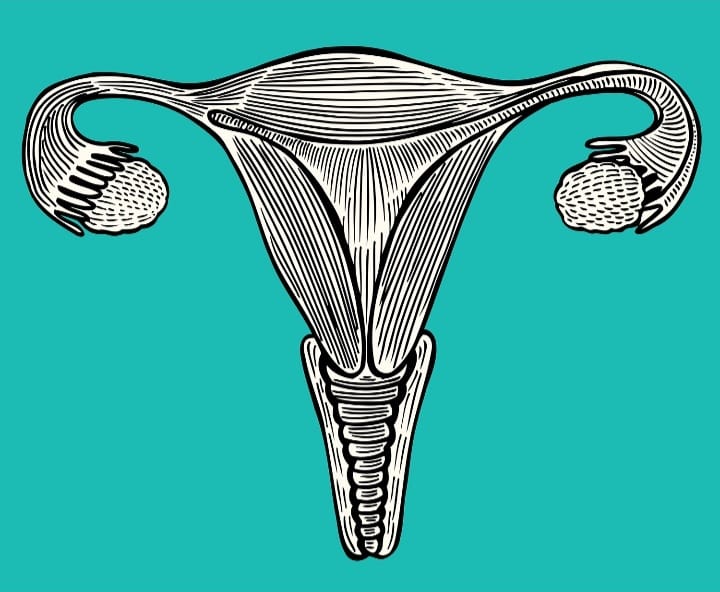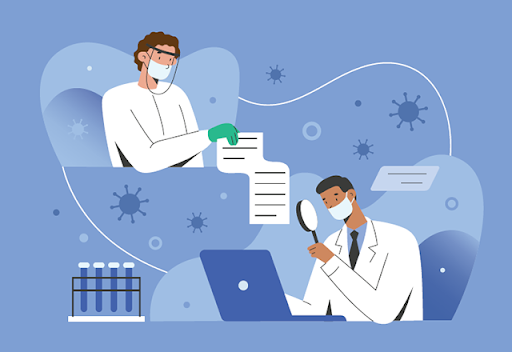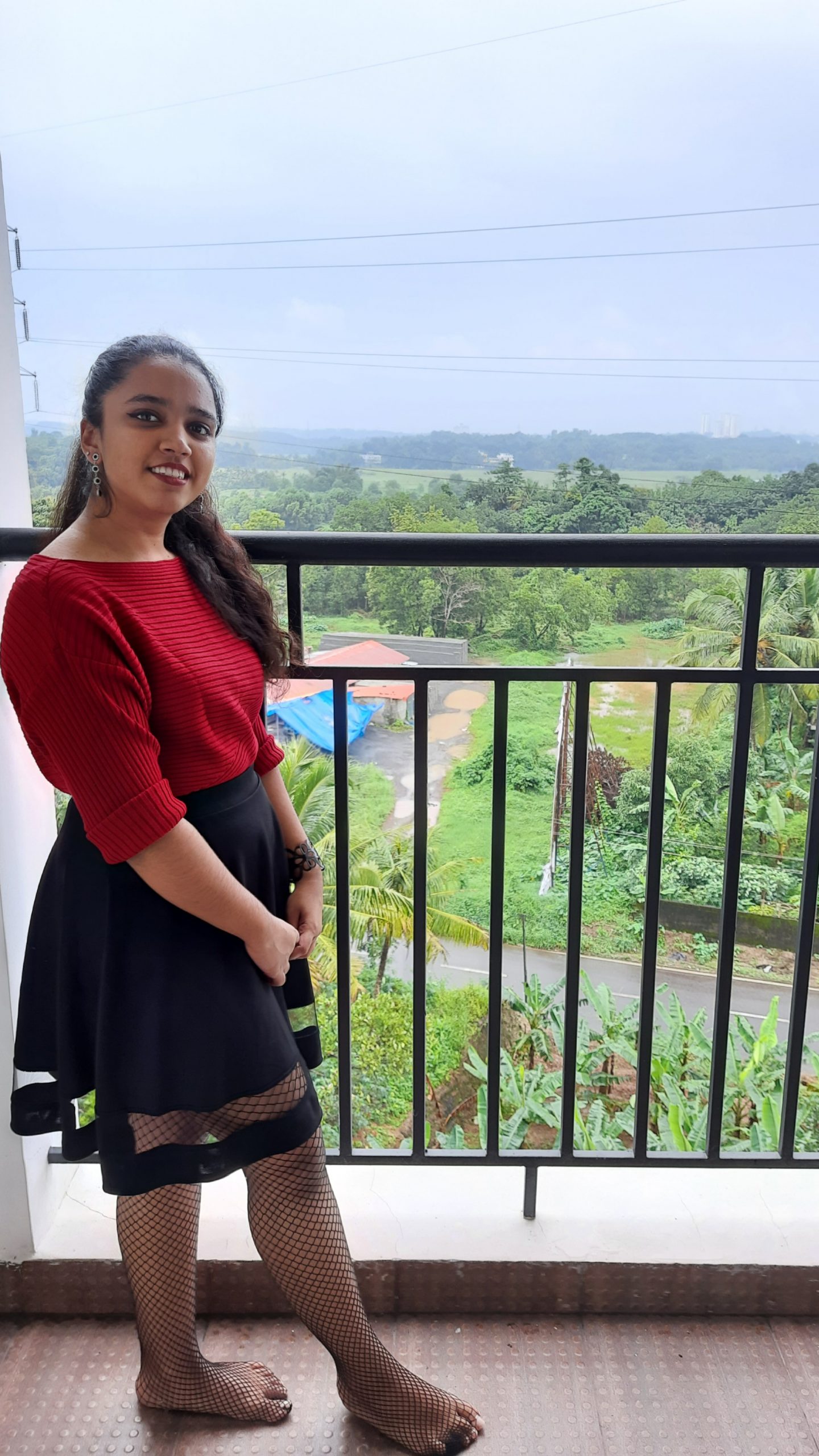All You Need To Know About the HPV Vaccine!
With over 10 million cases per year in India, Human papillomavirus (HPV) is one of the most common sexually transmitted infections. Of over 100 types of HPVs, at least 14 of them are cancer-causing types. As reported by WHO, cervical cancer is the most typical HPV-related disease. The world over, the majority of the cases of cervical cancer can be attributed to HPV infection. In such situations, widespread immunization with the HPV vaccine becomes critical.

Who can get the HPV vaccines, and when?
The HPV vaccine is recommended for children aged 11–12 years, even though vaccines can be given as early as age 9. Two doses are required for persons getting vaccinated before 15 years of age. The second dose in such cases should be administered within 6-12 months of the first dose. If they receive doses less than 5 months apart, they will be required to take a third dose of the HPV vaccine.
For persons who start their vaccination between the ages of 15 and 26, three doses of vaccines are recommended. In this situation, the second dose should be taken within 1-2 months after the first dose. The 3rd dose must be taken after 6 months of the second dose. An identical dosage pattern is also recommended for those with compromised immune systems.
HPV vaccines are most effective in the early adolescence, which starts to decrease as the person grows older. So getting the vaccine after the age of 26 is not recommended since it provides fewer benefits. However, if one still wishes to get vaccinated, it should be done after consulting with the physician and clearly understanding the risks and benefits.

Who can not get the HPV vaccine?
Pregnant persons should avoid getting vaccines at this time. If they had started their vaccine series before they learned they were pregnant, they should complete the series after the pregnancy.
In case of a history of severe allergies, consult with a doctor before getting the shot. People should avoid the vaccine if they are allergic to yeast, exhibited a life-threatening allergic reaction to the first dose, or have a known history of allergic reaction to any vaccine ingredient.
Should we test for HPV before getting the vaccine?
No, testing for HPV is not a prerequisite for getting the vaccine.

What are the possible side effects?
Vaccines, like any other medicines, may exhibit some side effects. The same goes for HPV vaccines, even though many people who get the shot do not deal with any after-effects.
The most common side effects of the HPV vaccine are usually mild and include:
- Pain, redness, or swelling in the arm where the shot was given
- Fever
- Dizziness or fainting. To avoid any injuries, the person should be seated or lying down during vaccination and 15 minutes after getting the shot.
- Headache or feeling tired
- Nausea
- Muscle or joint pain

Where can you get the vaccine?
HPV vaccines may be readily available at hospitals, clinics, or community health centers near and around you. The best way to know about their availability is by calling up your regular hospital and enquiring. You could also ask your physician for a referral.
HPV vaccine has been tested several times over and is a completely safe and effective measure against cancer causing virus. Present researchers also suggest that its effectiveness remains constant throughout time. However, getting vaccinated doesn’t negate the importance of regular testing for cervical cancer. Hence regular screening should not be neglected.
Cover illustration: glamourmagazine.co
Author

